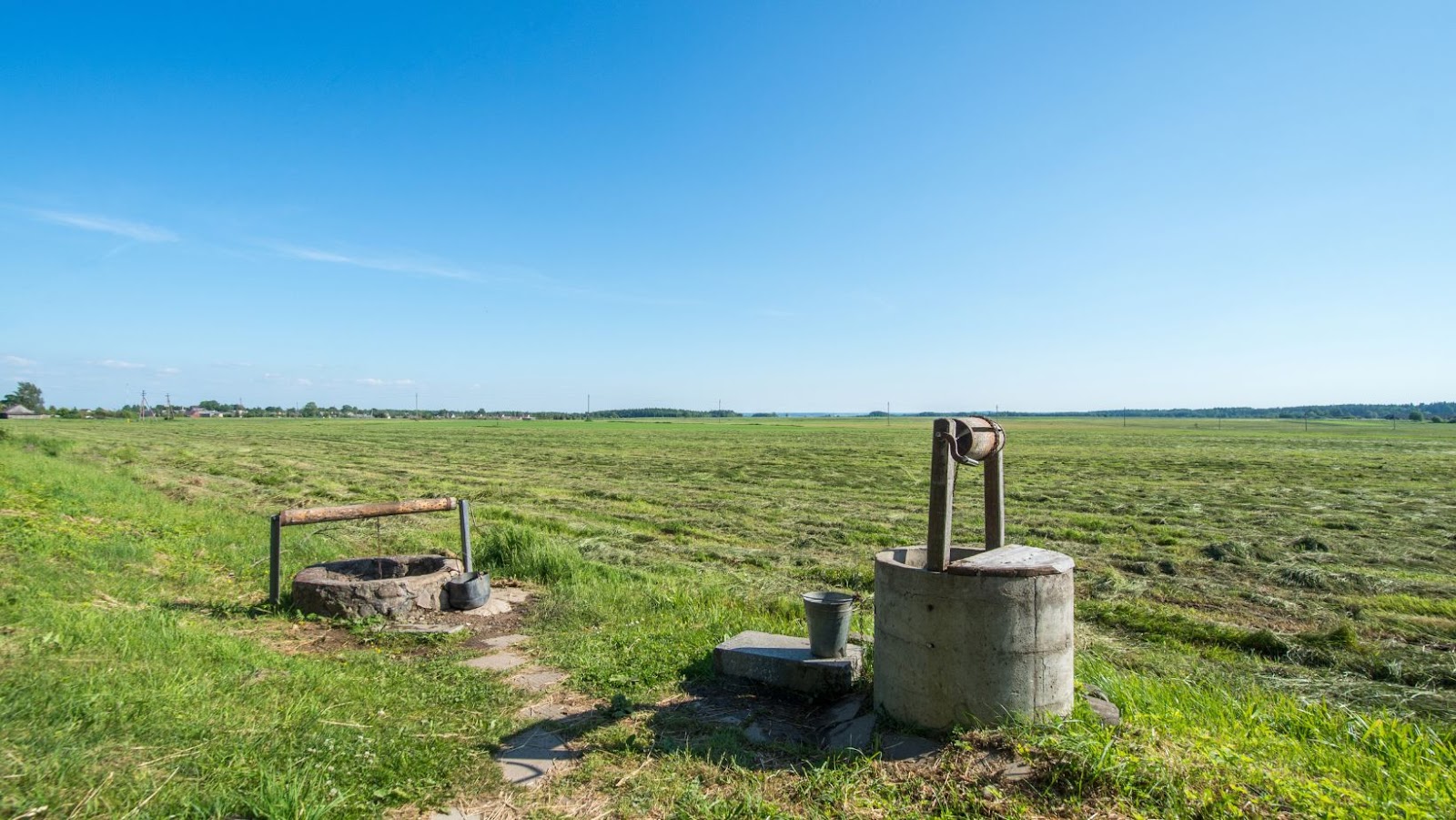
When it comes to ensuring a reliable and sustainable water source for your home, a private well can offer numerous advantages. Having your own well can provide you with a sense of independence and control over your water supply. In this article, we will explore four distinct advantages of having a private well at your home. From cost savings to water quality, you’ll discover why opting for a private well can be a smart choice for homeowners.
1. Reliable Water Supply
One of the primary advantages of having a private well is the assurance of a reliable water supply. Unlike relying on public water sources, which can be subject to disruptions and shortages, a private well ensures that you have a consistent water source available right on your property. Whether you live in a remote area or a bustling neighborhood, having your own well guarantees that you won’t face water scarcity issues during peak demand periods or emergencies.
The installation of a private well is typically performed by professionals using specialized equipment like rock augers to drill into the ground. This allows access to underground water sources, such as aquifers, which can provide a sustainable and consistent supply of water for your household needs.
2. Cost Savings
Another notable advantage of having a private well is the potential for cost savings over time. While the initial investment of drilling a well and installing the necessary equipment may seem significant, the long-term benefits outweigh the costs. With a private well, you can avoid monthly water bills, which can add up significantly, especially for larger households or those with extensive outdoor water needs.

Moreover, since you have control over your water usage, you can make conscious efforts to conserve water, leading to additional savings. By implementing water-saving practices like using efficient fixtures, collecting rainwater for irrigation, and monitoring your usage, you can reduce your water consumption and save money in the long run.
3. Water Quality Control
When it comes to the quality of your drinking water, a private well puts you in charge. Unlike relying on public water systems, where you have limited control over the treatment processes and source water quality, a private well allows you to monitor and maintain the quality of your water supply.
By regularly testing your well water and implementing appropriate filtration and treatment systems, you can ensure that the water you and your family consume is safe and free from contaminants. This control over water quality is particularly beneficial for individuals with specific health concerns or those who prefer the peace of mind that comes with knowing the origin and quality of their water.
4. Environmental Considerations
Opting for a private well also has positive environmental implications. By relying on your own groundwater supply, you are reducing the strain on local water resources and minimizing your carbon footprint. Public water systems often require extensive treatment processes, transportation, and distribution, which consume energy and contribute to greenhouse gas emissions.
With a private well, you can actively contribute to water conservation efforts by responsibly managing your water usage. Additionally, by maintaining your well and ensuring its longevity, you are promoting sustainable water practices and reducing the need for costly infrastructure expansions to meet growing demand.

Ultimately, having a private well at your home offers distinct advantages that range from reliability and cost savings to water quality control and environmental considerations. The peace of mind that comes with having a reliable and sustainable water supply cannot be overstated. With a private well, you can take control of your water needs and enjoy the benefits for years to come.
Remember, if you decide to install a private well, it is essential to consult with professionals experienced in drilling and maintaining wells. They can guide you through the process and ensure that your well meets all safety and regulatory requirements.












